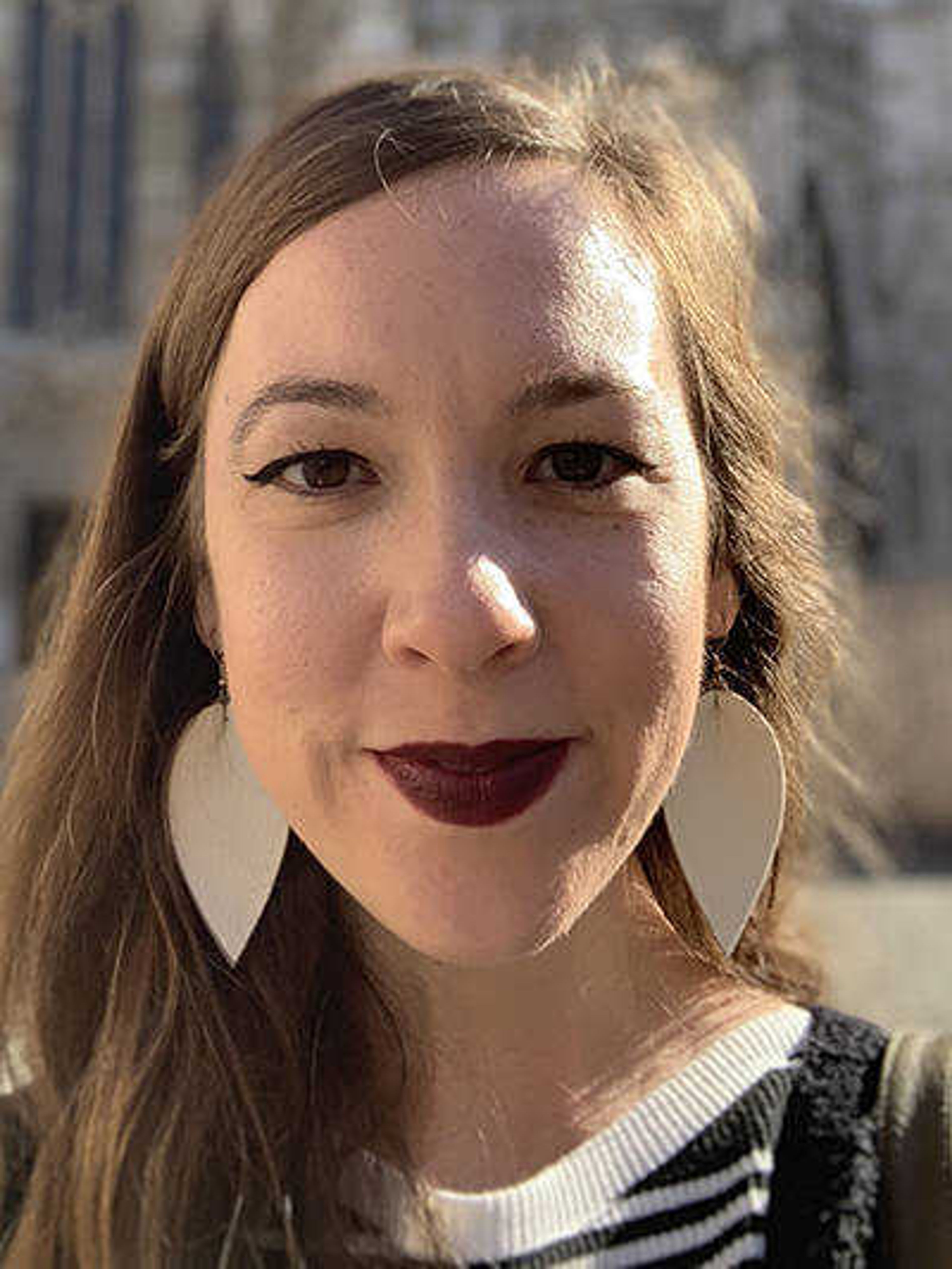Something ancient and new is happening, here, now for all of us
Weary. Weathered. Worn. Tired and heavy. It struck me after Communion the other week, as I watched my fellow parishioners -- our body -- walk back to their pews: this is how we look at the end of a year that has been hard. It's how we feel after a year that has taken so much. It's how we stand after a year, as my friend Katie observed, that has stripped us as Jesus was stripped of his garments...
Weary. Weathered. Worn. Tired and heavy. It struck me after Communion the other week, as I watched my fellow parishioners -- our body -- walk back to their pews: this is how we look at the end of a year that has been hard. It's how we feel after a year that has taken so much. It's how we stand after a year, as my friend Katie observed, that has stripped us as Jesus was stripped of his garments.
I once read this definition of suffering: wanting things to be different than they are. In a world that's not yet perfect, how many things we would love to be different. How many questions we have as our souls struggle to make sense of both individual and communal circumstances that are unjust. How many ways we suffer as we long for the perfection we were made to live in.
Judith, a Jewish widow, offers hope in the face of confusion. The people of Israel were "distressed" and "disheartened," Judith 7:19 says, because their enemies surrounded them, and they saw no way to escape. They had no water as the Assyrians surrounded their city. They were dehydrating and dying with no end in sight, and their destitution made them tired of waiting; they wanted to become slaves of the Assyrians so their immediate suffering would be past. King Uzziah told them to wait five more days for the Lord; if God did not act within those days, Uzziah would do as they asked and surrender.
Judith calls the leaders to her and tells them they are wrong to put God to the test. She calls them to have faith.
"For if he does not plan to come to our aid within the five days, he has it equally within his power to protect us at such time as he pleases, or to destroy us in the sight of our enemies," Judith says in 8:15-16 (NAB). "Do not impose conditions on the plans of the Lord our God. ... So while we wait for the salvation that comes from him, let us call upon him to help us, and he will hear our cry if it pleases him."
Let us not impose conditions on the plans of our Lord God. Like an empty stable, let us wait.
Let us gather up our questions and offer them, honestly, humbly, angrily, confusedly, quietly or loudly; however we need to ask them. Let us be reminded of Zechariah and Elizabeth who waited to see the promise of their desire come through "at a time when He has seen fit" (Luke 1:25). Let us be reminded of John the Baptist who was given no answer but instead was called to let go of his expectations and believe when he asked, "Are you the one who is to come, or should we look for another?" (Luke 7:20). Let us make the long walk through the desert with Mary and Joseph, along the parched and dusty paths we don't yet understand as we feel the quiet touch of something marvelous happening, as we allow the Savior through us to be born.
And when he is here, let us remember: Babies don't give us answers, and we don't ask them to. Instead, we hold them.
Hold him.
Connect with the Southeast Missourian Newsroom:
For corrections to this story or other insights for the editor, click here. To submit a letter to the editor, click here. To learn about the Southeast Missourian’s AI Policy, click here.









